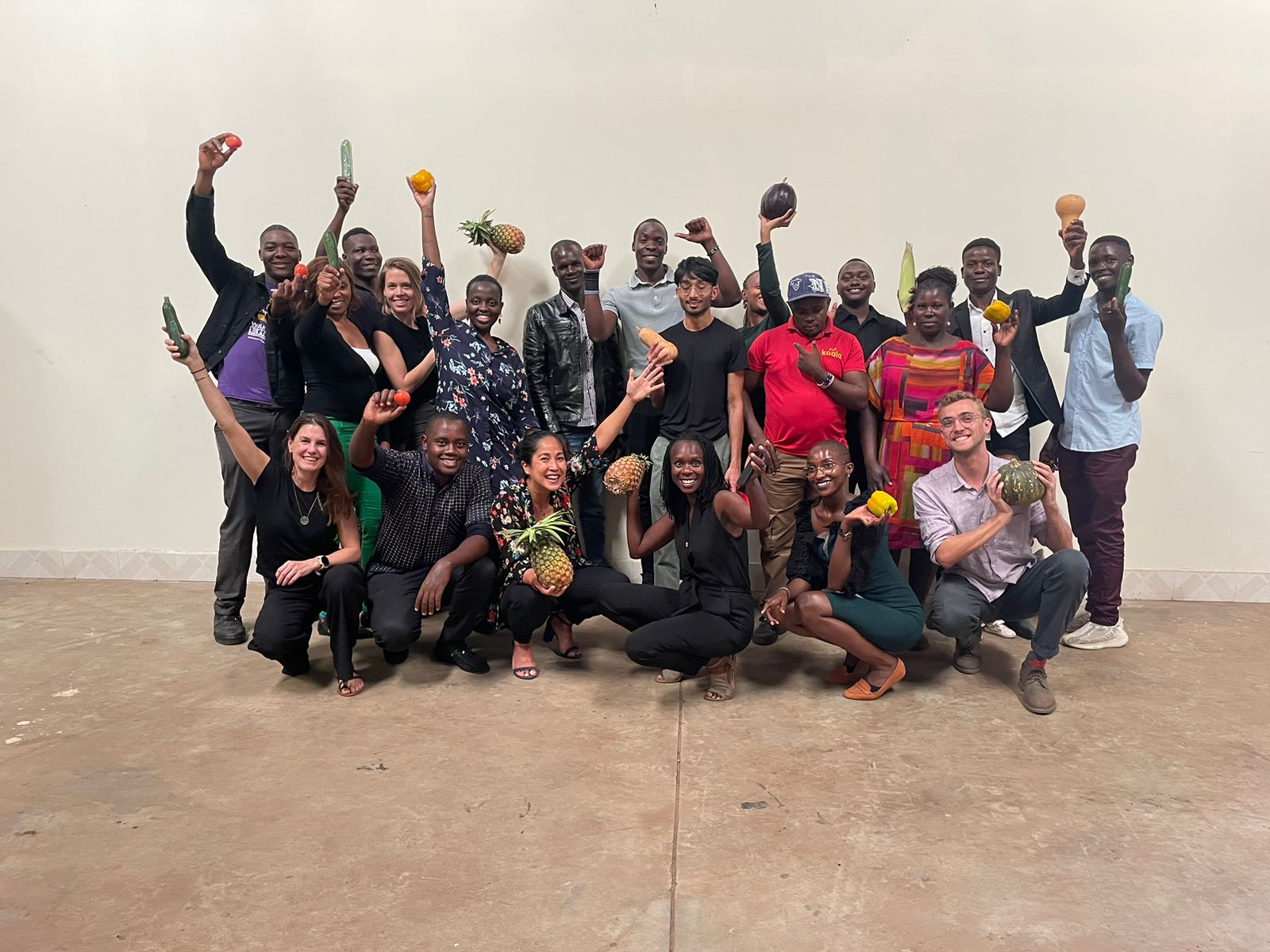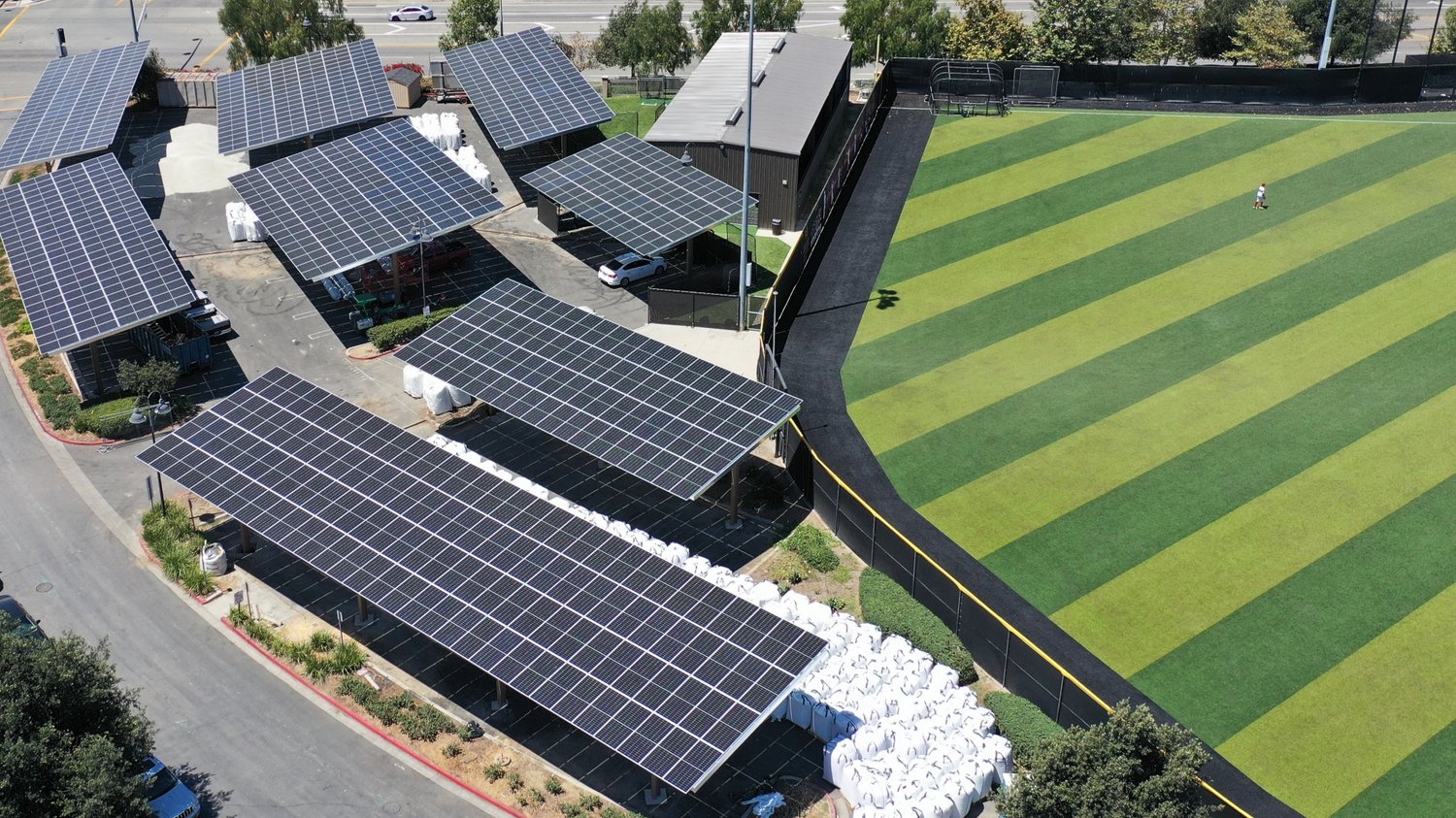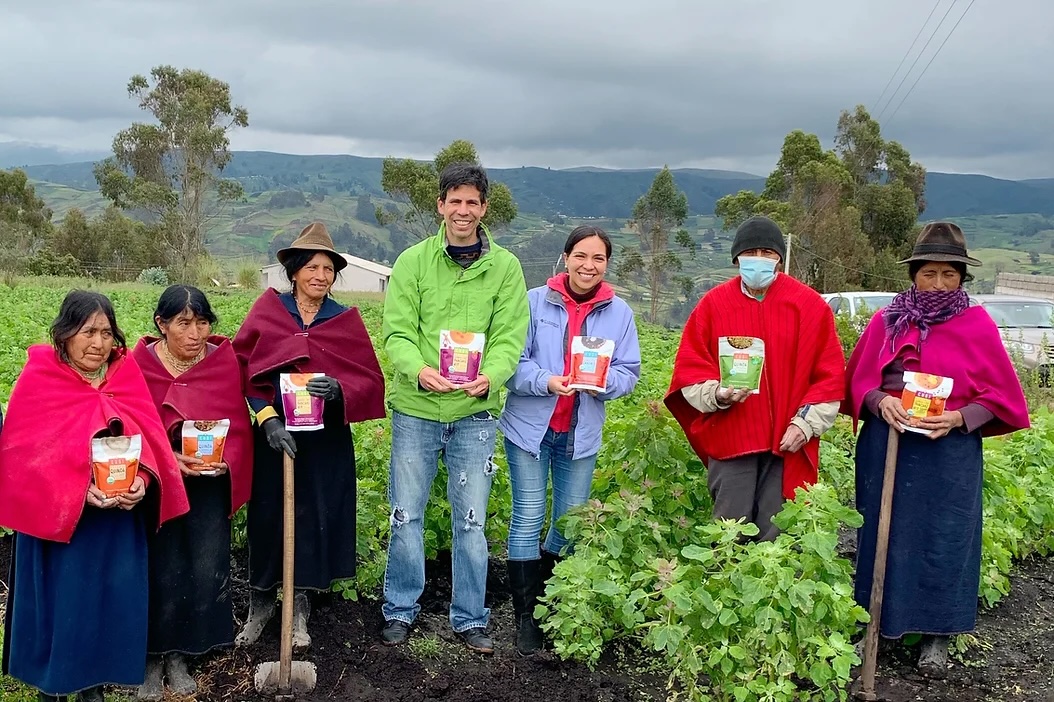ImpactAlpha, September 18 — The climate discourse by individuals and groups typically involves five narratives about the import and response to climate change. Some people are scientific, others skeptical. Some make moral arguments, others tout the opportunities. And, increasingly, many are warning of “doomsday” to spur urgency – or defeatism.
These narratives are “ideal types” that express themselves to varying degrees and in various combinations. We believe that recognizing the existence of these types can be helpful in fostering dialogue between people and groups who are addressing the challenges and opportunities of climate change (engaging with climate change deniers might naturally be harder).
For a constructive conversation to take place, each group needs to be aware of their own narrative and others’. And, importantly, they need to be able to understand the narrative. Scientific or policy climate jargon, (e.g., gigatons of CO2) and policy (e.g., “aligned with the 1.5°C scenario of the Paris Agreement”) may not be accessible to all. We need to learn to talk to each other in a simple and accessible way that makes a constructive conversation possible.
The goal of such conversations must be to acknowledge the legitimacy in the other’s evidence-based arguments and look to find points of common ground. These will always exist, however small. It is important to leverage these as ‘hooks’ for a solutions-oriented dialogue to evolve.
The Scientific Narrative
The foundation of this narrative is the Intergovernmental Panel on Climate Change (IPCC). The IPCC is responsible for establishing the target of 1.5°C, which became the basis of the Paris Agreement, as the number beyond which average global temperatures will lead to irreversible effects on the planet.
The IPCC was established by the United Nations Environment Programme (UNEP) and the World Meteorological Organization (WMO) in 1988 “to provide policymakers with regular scientific assessments on the current state of knowledge about climate change.
In its most recent, and sixth, assessment report, the IPCC addresses the physical understanding of the climate system and climate change, the impacts of climate change, and the progress in limiting emissions and the range of mitigation options.
In addition to these reports there is a voluminous and growing scientific literature on the causes and effects of climate change and what must be done to mitigate and adapt to it. The Scientific Narrative is internally coherent, content-rich, complex, and based on a strong scientific consensus. More than 97% of publishing climate scientists agree on the existence and cause of climate change.
The Skeptical Narrative
The elements of this narrative are a combination of: 1) simple climate change denial; 2) the assertion, from some prominent scientists, that while climate change may be happening it is a natural cycle of the Earth and not caused by humans; 3) the argument that the net zero transition is causing further poverty; and 4) the claim that the presumed economic effects of climate change are overstated due to flawed models.
In its extreme form, the Skeptical Narrative rejects that climate change is happening at all (for whatever reason) and is a hoax or conspiracy intended to harm the fossil fuel industry and undermine a country’s energy security.
This form of the narrative is most associated with those having right-wing political views or vested interests in fossil-fuel industries. It should be noted that many thoughtful conservatives subscribe instead to the Scientific Narrative, although they have different views on the best way to address climate challenges.
The Moral Narrative
The central thesis of the moral narrative is one of social justice, whereby climate change will exacerbate the dramatic inequalities that already exist within and across countries in terms of social status, gender, race, and age.
This narrative points out that developing economies will be hurt more than developed ones, that the wealthy will be able to adapt more easily than the poor, and that actions of past and the current generation are creating a world much less hospitable for future generations. An important part of this narrative is the concept of a “Just Transition” which emphasizes that solving the problem of climate change shouldn’t unduly burden those who can least afford it.
The Moral Narrative may include a religious dimension. For example, on Sunday, July 23, Pope Francis called on the world’s leaders to do more about climate change.
“It is an urgent challenge, it cannot be postponed, it concerns everyone,” the Pope said. “Let us protect our common home.”
The Opportunity Narrative
This is an optimistic narrative. While it accepts the seriousness of the situation described by the Scientific Narrative, it emphasizes that human ingenuity can come to the fore to address it.
This narrative stems from the belief that when pressed up against the wall, human ingenuity will come up with technologies that will help counter the pace of climate change. New technologies that support the transition to net-zero (e.g., energy production, industrial processes, distribution and consumption of energy, transportation and infrastructure) also represent great economic opportunities worth trillions of dollars.
According to McKinsey, existing climate technology, if scale, could “deliver about 60% of the emissions reductions that will be needed to stabilize the climate by 2050.” To make up the rest of the reductions, we will need “climate technologies that aren’t quite ready, including 25 to 30% from technologies that are demonstrated but not yet mature and another 10 to 15% from those still in R&D.”
Even ExxonMobil has suggested that its low-carbon businesses could be bigger than its oil and gas business in 10 years.
The Opportunity Narrative posits that companies which adequately prepare themselves for the needed and even inevitable energy transition will prosper while those which do not will suffer.
The Doomsday Narrative
The Doomsday Narrative is one of impending crisis and holds that without dramatic and urgent action the planet will become uninhabitable for billions of people or even for all of human society.
In the real world, strong voices include Al Gore, climate activists like Greta Thunberg, and the Extinction Rebellion movement.
The Doomsday Narrative holds that the use of fossil fuels must be reduced dramatically and immediately. Doing so will require putting pressure on these companies, those who finance them, and those who use their products. This includes individual consumers who must make fundamental changes in their lifestyles in terms of transportation, energy use and diet.
It is important to note that the Doomsday Narrative can be used both by those seeking to scare policymakers and the public into action, and those seeking to derail such action on the grounds that “it’s already too late.”
Using the climate narratives
These are “ideal types” which we think can be a useful framing for fostering dialogue between people and groups who are addressing the challenges and opportunities of climate change.
To paint a stark example, take two groups that both use the Scientific Foundation as their dominant narrative, but one supplements it with the Doomsday Narrative and the other the Opportunity Narrative.
It would be natural for the Doomsayers to view the Opportunists as being overly optimistic and not having the proper sense of urgency. In contrast, adherents of the Opportunity view may find those warning of climate apocalypse to be shrill and failing to take a pragmatic view about the continued use of fossil fuels and the need for technological breakthroughs.
If well-meaning people who are concerned about climate change can’t talk to others simply because they talk about it in a different way, we will not be able to establish the social and political consensus necessary to address an issue that confronts us all, whatever our narrative.
Bob Eccles is a visiting professor of management practice at Oxford’s Saïd Business School.
Melita Leousi is an advisor to the Nand & Jeet Khemka Foundation in New Delhi.











